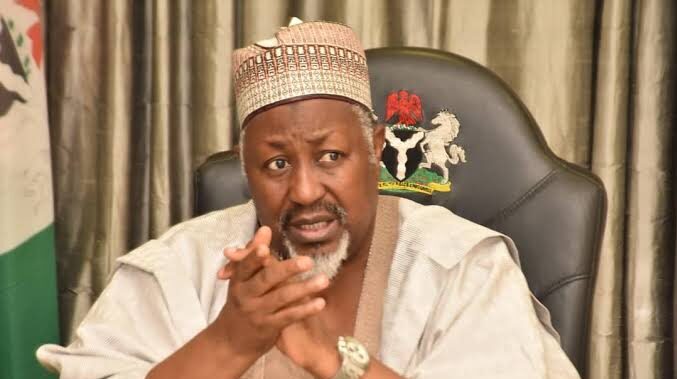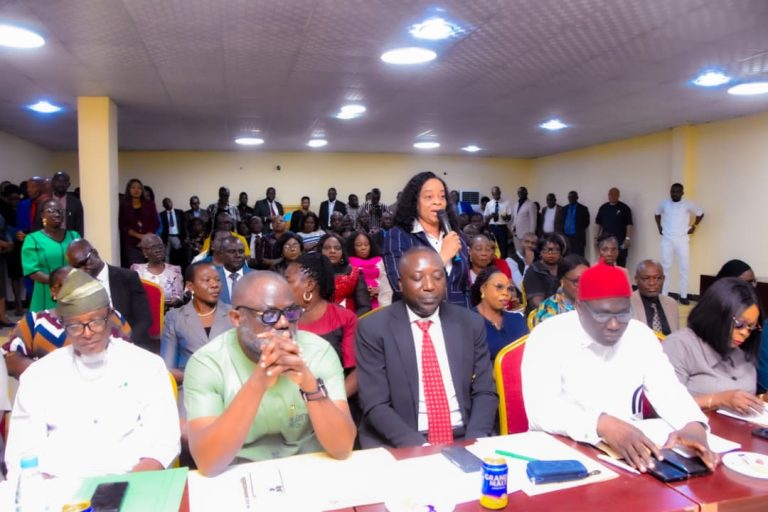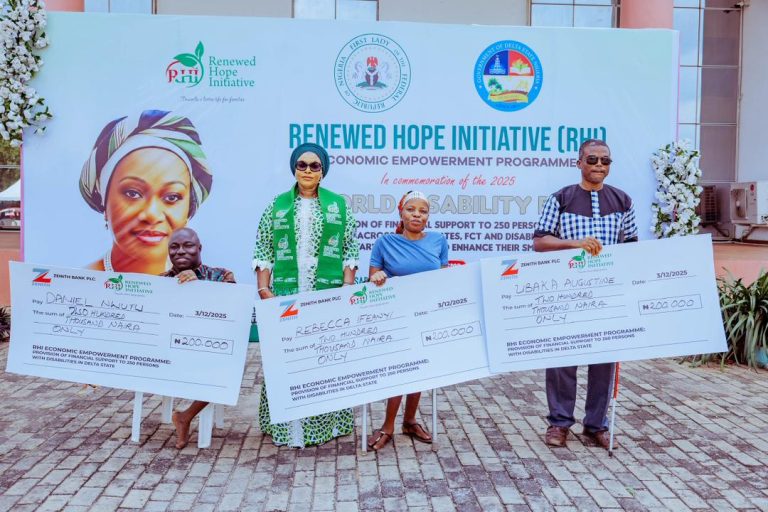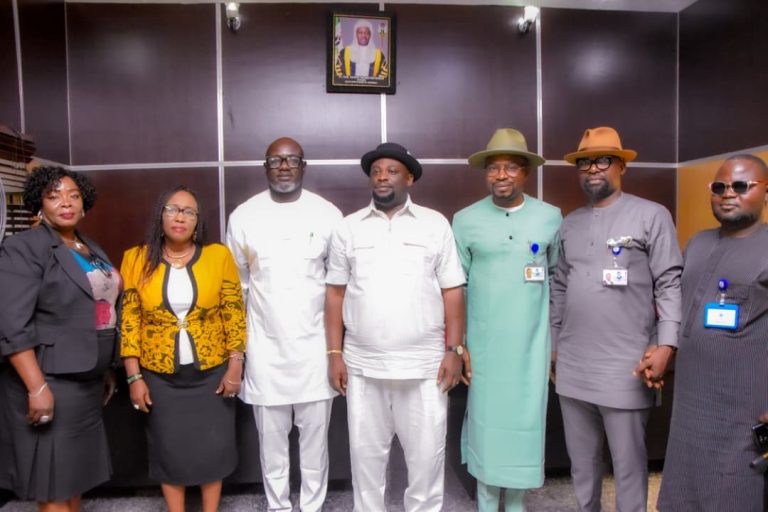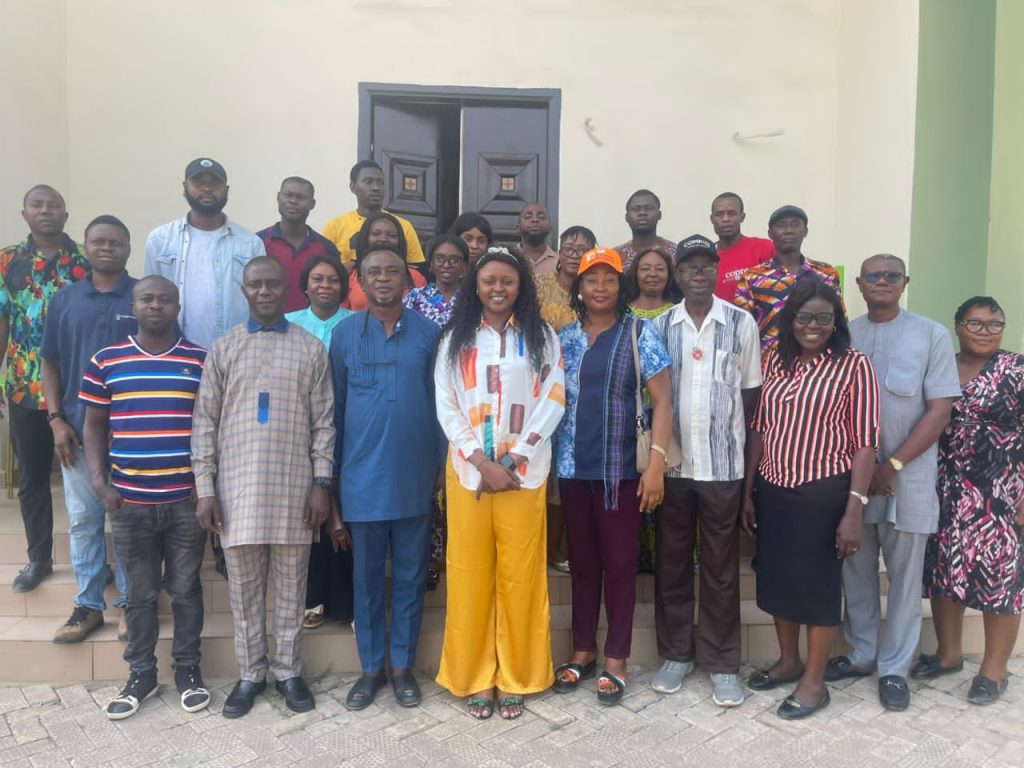
By Onomiguren Agbamu
A Non-Governmental Organization, known as Civil Society In Malaria Control, Immunization, and Nutrition, ( ACOMIN) on Wednesday, 11 of December 2024 gives a scorecard of achievements within the period in view.
The state programme officer for Civil Society in Malaria Control, Immunization and Nutrition,(ACOMIN), Obiajulu Ifechukwu Juliet disclosed at Asaba during a media briefing for the ATM Network state meeting.
Obiajulu commended CBOs in various fields for their efforts towards achieving the deliverables, saying despite the delay in commencement of community level activities, the CBOs were still able to achieve tremendous milestones and success stories.
She said; ” if there is anything like 120 percent, that is what she would give ACOMIN on the C19RM project. The SPO mentioned a number of success stories which include; renovations, repairs, donation of chairs, communities involvement and a lot more”.
She noted that in the coming year, 2025, ACOMIN expects CBOs to be more committed, pointing out that the stipend they received during the work cannot be equivalent to the work they do.
In her statement, “what I am expecting from the CBO is more commitment, they are already passion-driven.
She expressed optimism in the coming year that those communities that are lagging behind, ATM through CBOs will restrategized in bringing them in, noting that it’s a process, and a behavioral change.
Also adding, the chairman of the Civil Society in Malaria Control, Immunization and Nutrition, Mr, Greg Sifo urged that people should be careful during this Yuletide season, hinted that travelers are coming from the city to the villages, that might open doors for transmission of diseases of public health concerns.
Earlier, in his opening remark, the Executive Director of Delta state primary healthcare development agency, Dr. Paul Yinkore commended the group for the effort and support, saying the campaign against HIV/AIDs stigmatization is already yearning results as the goal is to achieve zero HIV by 2030
ACOMIN, however, call on all stakeholders to step up and take decisive action from Federal, state, and local governments to prioritize healthcare infrastructure in their budgets, increased funding is essential for renovating and upgrading facilities.
They added that “comprehensive policies should be implemented to ensure regular maintenance of healthcare infrastructure and timely replacement of outdated equipment, Community Leaders and Members should play a vital role in supporting local healthcare centres, through volunteerism, community-driven maintenance projects, and fundraising.


